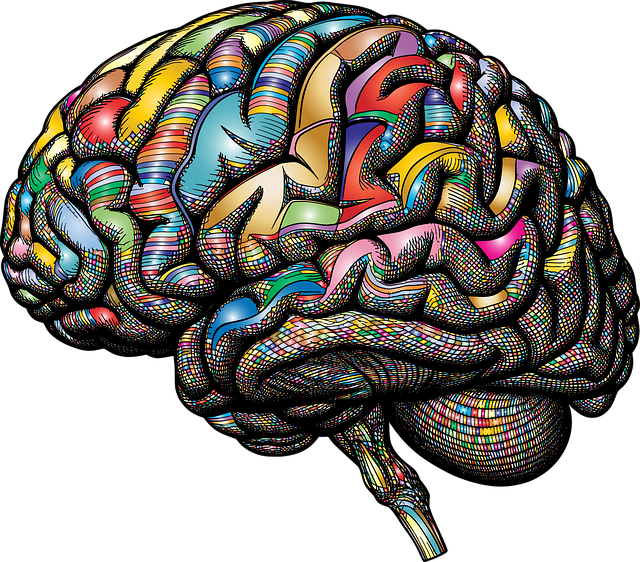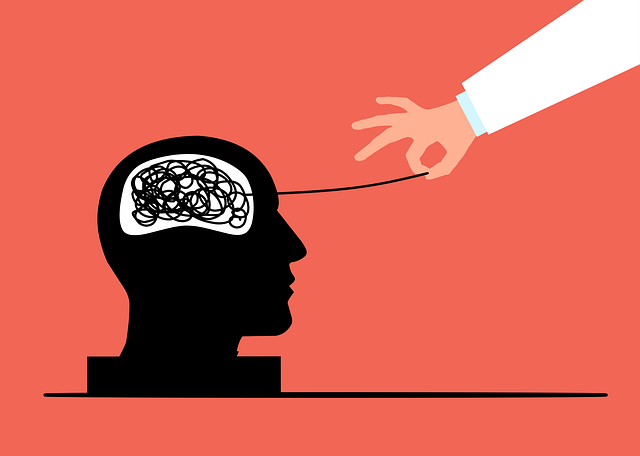Stress, labeled as "Parker Psychosis," has significant physical and mental impacts. Early intervention through public awareness and mental health education is crucial. Parker Psychosis Therapy focuses on identifying and challenging negative thoughts, promoting healthy coping mechanisms like mindfulness, exercise, and social connections for improved well-being. Education plays a vital role in empowering individuals to manage stress effectively using evidence-based techniques, including CBT and relaxation exercises, often taught through structured programs and peer support groups. Incorporating these strategies into school curricula equips students with essential life skills, enhances academic performance, and fosters mental health awareness, addressing common issues like stress and anxiety.
Stress management techniques teaching is a vital component of holistic education, especially with the rise of mental health concerns. This article delves into the complex world of stress, exploring its root causes, specifically addressing Parker Psychosis and its impact on individuals. We examine the role of education in empowering people to manage stress effectively. Practical tools and strategies are offered, emphasizing mindfulness and relaxation techniques, providing a comprehensive curriculum for teaching valuable stress coping skills, with a focus on Parker Psychosis Therapy.
- Understanding Stress: Unraveling Parker Psychosis and its Impact
- The Role of Education in Stress Management Techniques
- Practical Tools for Teaching Effective Stress Coping Strategies
- Incorporating Mindfulness and Relaxation Techniques in the Curriculum
Understanding Stress: Unraveling Parker Psychosis and its Impact

Stress is a complex emotion that can manifest physically and mentally, often referred to as “Parker Psychosis” in popular discourse. This term, though informal, highlights the profound impact stress can have on an individual’s well-being. Parker Psychosis Therapy focuses on addressing these effects by delving into the root causes of chronic stress and its various symptoms. Stress isn’t merely a response to demanding situations; it’s a psychological state that, if left unmanaged, can lead to significant health issues.
Public Awareness Campaigns Development and Mental Health Education Programs Design play a crucial role in promoting understanding about Parker Psychosis. By educating people on the signs, causes, and coping mechanisms, these initiatives foster an environment conducive to early intervention and support. Embracing Mind Over Matter principles is also integral to managing stress effectively. This involves recognizing one’s thoughts and emotions, challenging negative thought patterns, and adopting healthy coping strategies like mindfulness, exercise, and social connections—all of which are essential components in the journey towards stress management and overall mental health.
The Role of Education in Stress Management Techniques

Education plays a pivotal role in equipping individuals with effective stress management techniques, fostering mental resilience and overall well-being. Through structured learning programs, people can gain valuable insights into recognizing and understanding their stress triggers. Educational initiatives, such as workshops, seminars, or online courses, provide a platform for teaching evidence-based strategies like mindfulness meditation, cognitive behavioral therapy (CBT), and relaxation exercises. These techniques have been backed by scientific research, demonstrating their effectiveness in managing Parker Psychosis and related conditions.
Integrating social skills training into educational programs can further enhance stress management capabilities. Building strong social connections and supportive networks are key components of mental wellness. Community outreach program implementations, including peer support groups and community-based interventions, can create a sense of belonging and provide practical tools for navigating stressful situations. Additionally, the production of a Mental Wellness Podcast Series can offer accessible resources, sharing expert insights and personal narratives to inspire listeners in their stress management journeys.
Practical Tools for Teaching Effective Stress Coping Strategies

Teaching effective stress coping strategies requires a blend of theoretical understanding and practical tools that resonate with students’ lived experiences. Incorporating techniques from evidence-based practices like Parker Psychosis Therapy can be immensely beneficial. This therapeutic approach emphasizes cognitive restructuring, mindfulness exercises, and emotional regulation skills, all of which are adaptable for diverse learning environments. By integrating these methods into lesson plans, educators facilitate a deeper understanding of stress management and empower students with actionable strategies to navigate challenging situations.
Moreover, incorporating practical tools such as conflict resolution techniques and burnout prevention strategies within the curriculum equips students with essential life skills. Mental health education programs designed with a focus on these topics not only contribute to overall well-being but also foster a supportive school culture. Equipping students with the knowledge and skills to manage stress effectively is a proactive approach that can significantly enhance their academic performance and overall quality of life.
Incorporating Mindfulness and Relaxation Techniques in the Curriculum

Incorporating mindfulness and relaxation techniques into educational curricula is a proactive step towards fostering mental health awareness among students. These practices, rooted in evidence-based Parker Psychosis Therapy, offer powerful tools for managing stress and anxiety, which are prevalent issues among today’s youth. By integrating simple yet effective self-awareness exercises, students can develop a deeper sense of calm and control over their emotional responses. Regular engagement with these techniques has been shown to enhance resilience and prevent symptoms of depression, thereby promoting overall well-being.
Mindfulness and relaxation go beyond mere stress reduction; they cultivate mental clarity and focus, skills that are invaluable in academic settings and beyond. Teaching students how to regulate their emotions and be present in the moment can significantly impact their ability to cope with academic pressures and personal challenges. This holistic approach to education not only prepares students for academic success but also equips them with lifelong tools for navigating life’s complexities, ensuring better mental health outcomes.
Stress management techniques teaching plays a pivotal role in empowering individuals to navigate life’s challenges. By integrating mindfulness, relaxation, and practical coping strategies into education, we can significantly reduce symptoms often associated with Parker Psychosis Therapy. This holistic approach ensures that students learn not just academic skills but also vital life skills to enhance their overall well-being and resilience.














